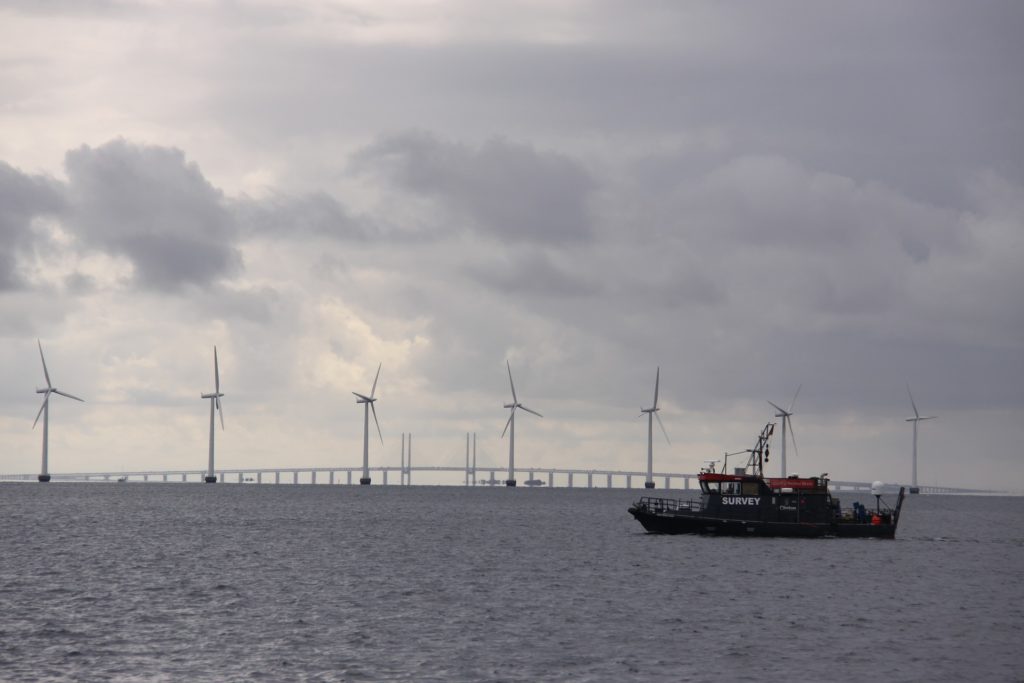
Image by Bjonsson from Pixabay
Great! The offshore wind bill passes. Bad! some poison pills in it for the industry.
A proposed Louisiana law that aims to help the offshore wind industry — but may actually hinder it — has cleared its first legislative hurdle. House Bill 165, which creates a framework for offshore wind leasing in Louisiana waters, won unanimous support from the House Natural Resources and Environment Committee on Wednesday and now awaits a vote by the full House. Early this month, Rep. Jerome “Zee” Zeringue, a Republican from Houma and the bill’s sponsor, said he was open to amending the bill to make it more palatable to the offshore wind industry, which objected to a provision that would allow the state to take a cut of wind farm revenues while also charging for leases. But Zeringue opted not to change the bill. “Every other industry is charged a royalty,” he said, noting that the state charges the offshore oil and gas industry both leases and royalties. “We can’t give away anything of value.” While paying for offshore wind leases is common, paying royalties is not, according to the Southeastern Wind Coalition. Because offshore wind is still in the development phase in the U.S., with construction costs high and profits relatively low, companies aren’t required to pay royalties for wind farms in federal waters, where much of the industry’s growth is focused.
nola.com
If it not oil I don’t understand it. The wind companies may say thanks but no thanks.
Increasing competition has some companies eyeing the shallower, less-windy waters managed by states. Louisiana’s waters, which extend about three miles from the coast, have drawn interest from a few companies looking to build small-scale wind farms or pilot projects that test new technologies. But Louisiana’s proposal to charge royalties could steer some companies to other states like Texas, which has stronger winds than Louisiana, the coalition warned. Zeringue doesn’t buy it. “The idea that this will kill the wind industry is ridiculous,” he said. The bill would also set the maximum size for wind leases at 25,000 acres. That’s a good fit for the wind industry, which typically needs about 1,000 acres per turbine, according to the coalition.
Some do understand and I hope they will prevail.
Rep. Joseph Orgeron, who co-sponsored the bill and has been involved in offshore wind farm construction on the East Coast, said Louisiana “has a unique opportunity to support the (wind) industry.” The state has a large and skilled offshore oil and gas workforce that can easily shift to offshore wind, and its relatively small coastal population means fewer people will object to turbines crowding their water views, said Orgeron, a Republican from Larose. Zeringue said the offshore wind industry will generate thousands of good-paying jobs in various sectors including marine engineering, shipbuilding and steel fabrication. “We know that alternative energy is coming, and it’s something that we can and should take advantage of…in terms of providing jobs,” he said. More than 17,000 could be created if two wind farms take shape off the coasts of Texas and Louisiana, according to a recent report by the American Clean Power Association.
Wind farms are a new, small but growing business.
The U.S.’s nascent offshore wind industry has produced just two wind farms over its six-year lifespan, but several large ones are in the pipeline along the East Coast. Only Rhode Island has a wind farm operating in state waters. Rhode Island charges the 30-megawatt Block Island Wind Farm an annual lease rate of $150,000, but has the option to charge more if the farm’s income grows and the state’s potential share of earnings exceeds the base lease rate. But so far the 6-year-old Block Island farm’s earnings have not been enough for the state to charge more than the lease, Rhode Island officials said. It’s unclear how much Louisiana would collect from wind farm revenues. The bill leaves that decision up to the state Department of Natural Resources’ Mineral and Energy Board. The board would have the authority to “accept the bid it finds most advantageous to the state,” the bill says. Zeringue said the board will need to find a balance that fosters the industry’s growth but also makes money for the state. “It’s incumbent on the board to educate themselves on that,” Zeringue said.
The state still makes money as it is not a gift to the industry.
While there’s more work to be done, the law would at least establish a legal basis for the offshore wind industry, DNR Secretary Thomas Harris told legislators at hearing on Wednesday. “A number of people have coming in over the last three years expressing interest in doing wind energy projects off our coast,” he said. After telling them that existing law has little to say about offshore wind, “I got a lot of puzzled looks and discouraging comments saying other states have a more streamlined process than Louisiana. That’s something none of us wants to hear.”
Many of our representatives in Baton Rouge need t wake up.



